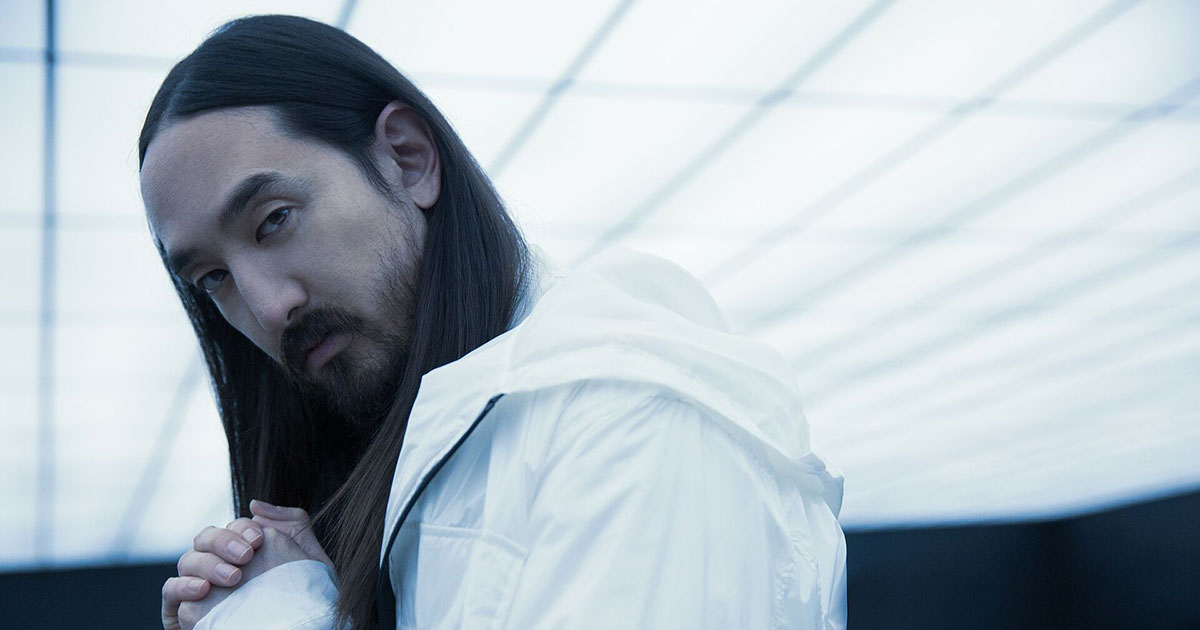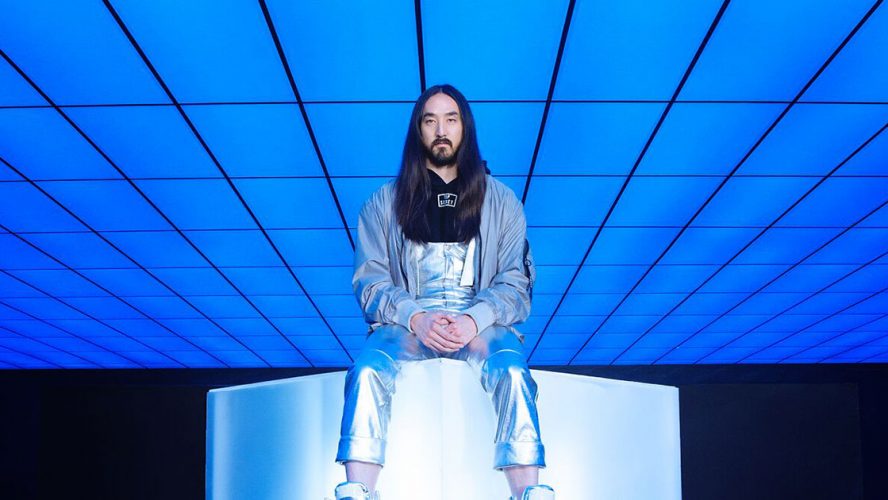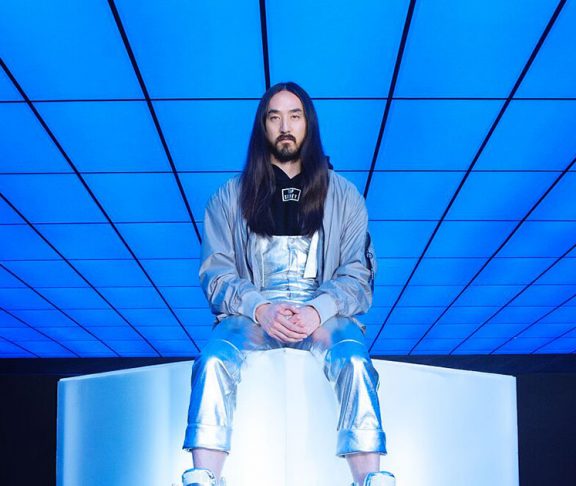Steve Aoki’s latest album is titled “Neon Future,” so it’s probably no surprise to hear that the DJ and music producer is fascinated by what lies ahead for humankind. One of the ways he’s illustrating that passion is by supporting organizations that help make brain research possible.
“I’m obsessed with the human brain,” said Aoki, 41. “Ever since my father passed away, I’ve wanted to know more about the human body, and how I could have helped prevent cancer … I wanted to figure out what could have saved his life. And it led me down a pathway where eventually I just started to read a lot about the human brain, and I started to learn there’s so much we don’t know about the brain and it started to pique my interest.”
Calling on others
Through the Aoki Foundation, Aoki collaborates with organizations that help propel research on brain diseases such as Parkinson’s, Alzheimer’s, and dementia. Research published in 2017 shows that over the past 25 years, brain disease has become more prevalent as humans have longer life expectancies, and the burden for these diseases is only expected to grow.
Neither Parkinson’s nor dementia (the most common type being Alzheimer’s disease) has a cure, and that’s why Aoki has decided to join with organizations whose mission it is to change that reality.

For instance, Aoki’s organization has partnered with SENS Research Foundation, which is striving to identify a solution for cell degeneration. Its ultimate aim is to cure age-related disease.
The foundation, Aoki explained, donates to brain researchers who aren’t backed by pharmaceutical companies and need resources. “The biggest problem is funding because it’s hard to get investors,” said Aoki, explaining that’s one factor in his decision to partner with SENS.
“You need technology, medical research, and money, and you need lots and lots of people,” he said. “We will get there, but it takes time. We’ve eradicated so many diseases … the last big one was AIDS, and that’s under control.”
Demystifying brain disease
Getting there, Aoki said, starts with meeting your audience where they’re at. “In the end, I think the way that I like to invite people into this world is that everyone likes science fiction — people love watching the Marvel Comics movies; people love watching ‘The Avengers,’” he said. “People love seeing where we can go with becoming superhuman, and all these kinds of ideas, all of that stems from if we can understand the brain more. If we had more funding for brain research organizations, we can turn death into a disease we can cure. We can use our mind in a way that has never been used before that is almost very superhuman.
“The area where science fiction becomes science class is an area where I like to put my two cents in and an area the Aoki Foundation likes to live in, and that’s very important to the dialogue,” he added.
Yet a lot of the conversation around brain research is happening in a vacuum, Aoki noted. “A lot of these conversations I’ve realized only happen in small circles, and you can only get so far if the conversation only happens among scientists or in journals.”
That’s why he called on others to begin talking about it amongst themselves and doing research on their own. “We need that conversation — it needs to be much wider,” Aoki said.
Yet, again, Aoki emphasized the importance of fundraising as the number one priority and the biggest obstacle that brain researchers continue to face.“We need more money and more manpower … I’m a believer that we can get there,” he said.
Melinda Carter, [email protected]



